Optimal Timing for Gas Line Service
Gas line service is essential for maintaining safe and efficient operation of natural gas systems. Proper timing ensures minimal disruption and maximizes safety. Typically, scheduling during mild weather conditions helps avoid delays caused by extreme temperatures or weather events.
Spring and fall are ideal times for gas line inspections and maintenance due to moderate weather conditions.
Perform gas line service every 3 to 5 years to ensure safety and efficiency, regardless of season.
Immediate service is necessary if there are signs of leaks, corrosion, or damage, regardless of the time of year.
Scheduling before peak winter months can prevent service interruptions during cold weather.
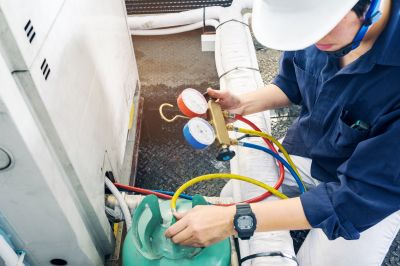
Technicians inspecting a gas line installation.
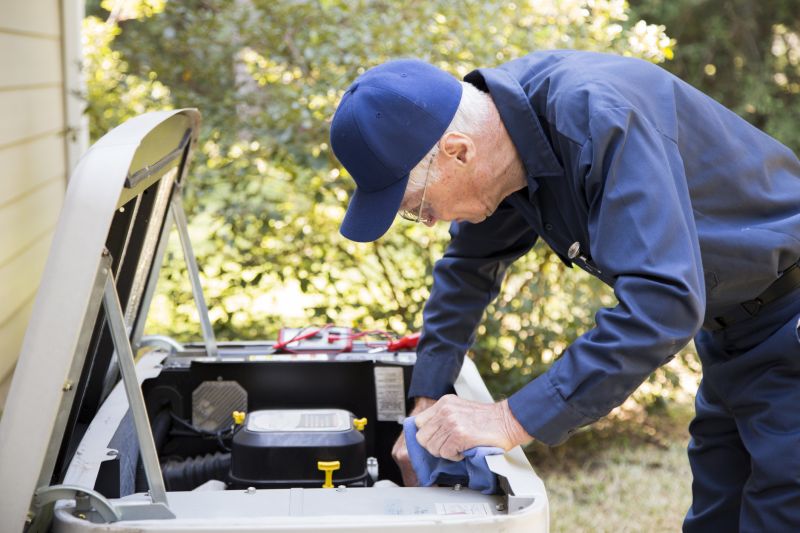
Team performing routine gas line maintenance outdoors.
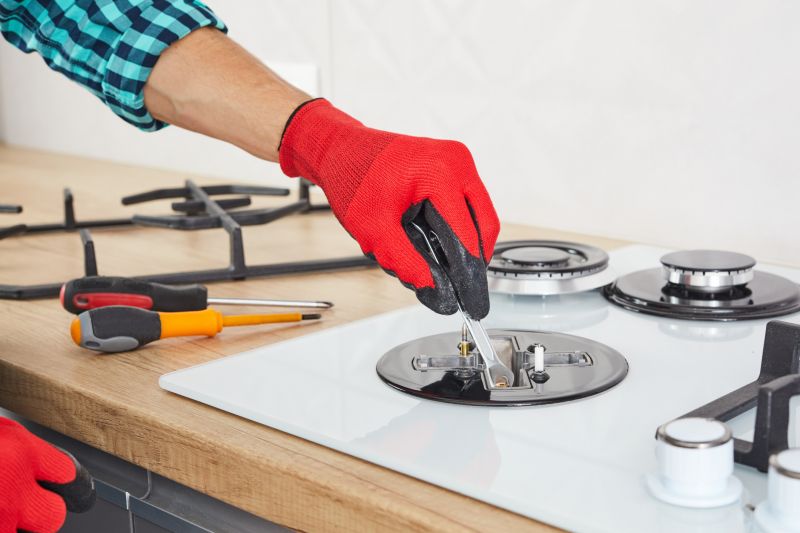
Repair technician addressing a gas leak issue.
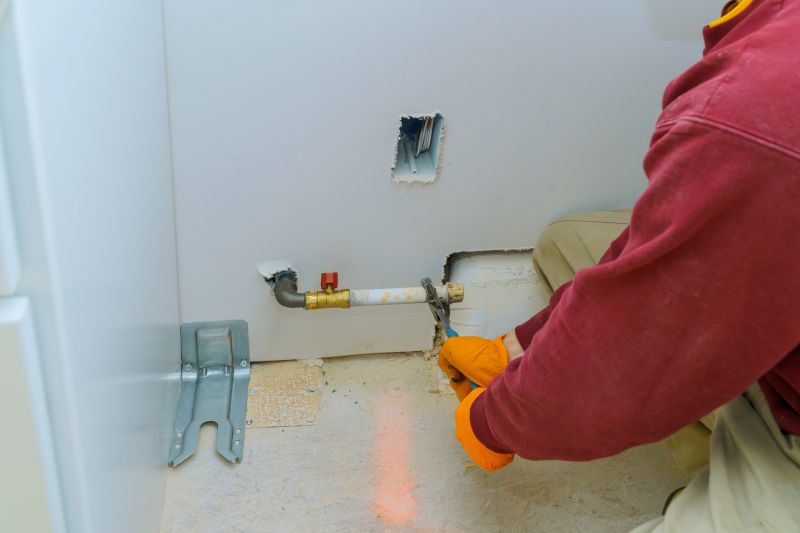
Ways to make Gas Line Service work in tight or awkward layouts.
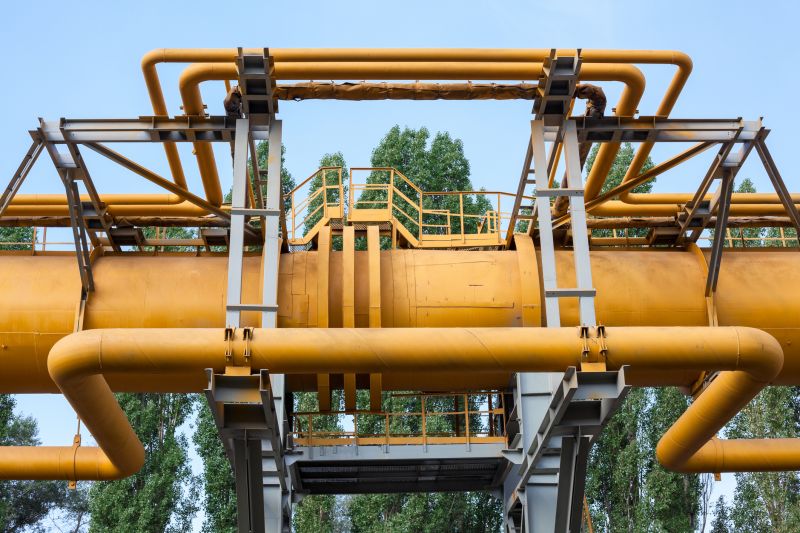
Popular materials for Gas Line Service and why they hold up over time.
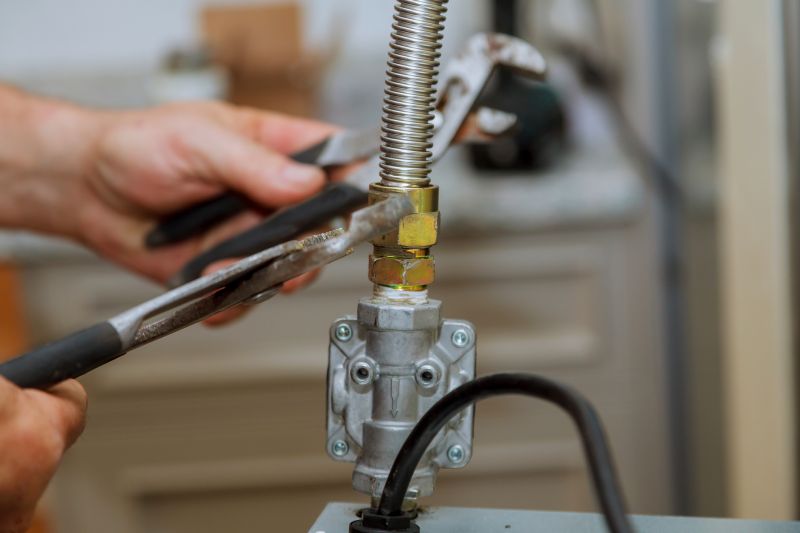
Simple add-ons that improve Gas Line Service without blowing the budget.
| Timing Aspect | Details |
|---|---|
| Spring | Ideal for inspections and repairs before peak usage. |
| Summer | Suitable for maintenance during warmer months. |
| Fall | Prepares systems for winter demands. |
| Winter | Emergency repairs only, due to weather constraints. |
| Post-Installation | Scheduled after new gas line installations or repairs. |
Gas line service involves comprehensive inspection, testing, and maintenance of natural gas pipelines. Regular service helps detect corrosion, leaks, and damage early, reducing the risk of hazardous incidents. It also ensures compliance with safety standards and optimal system performance. Advanced techniques such as leak detection and pressure testing are commonly used to assess the integrity of gas lines.
Statistics show that proper maintenance can significantly reduce the likelihood of gas leaks and related accidents. Regular inspections can identify issues before they escalate, saving costs and enhancing safety. Scheduling service during appropriate times maximizes the effectiveness of maintenance efforts and minimizes service interruptions.
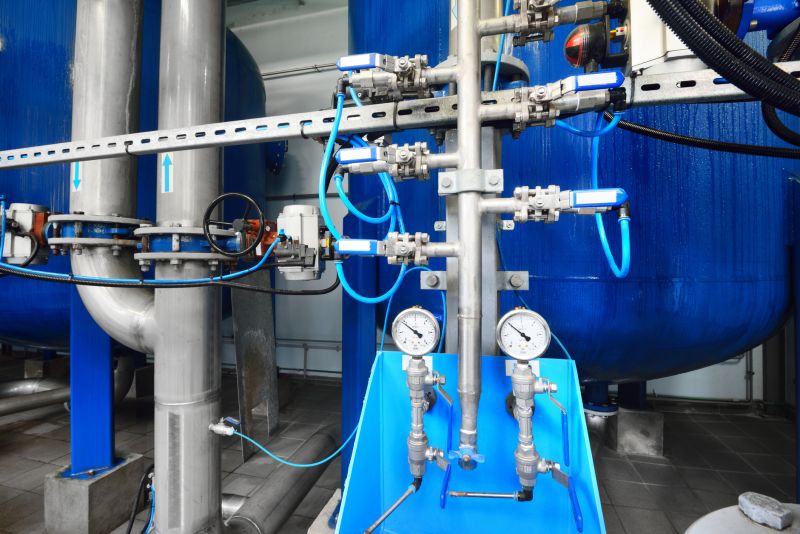
Specialized tools used for pressure and leak testing.
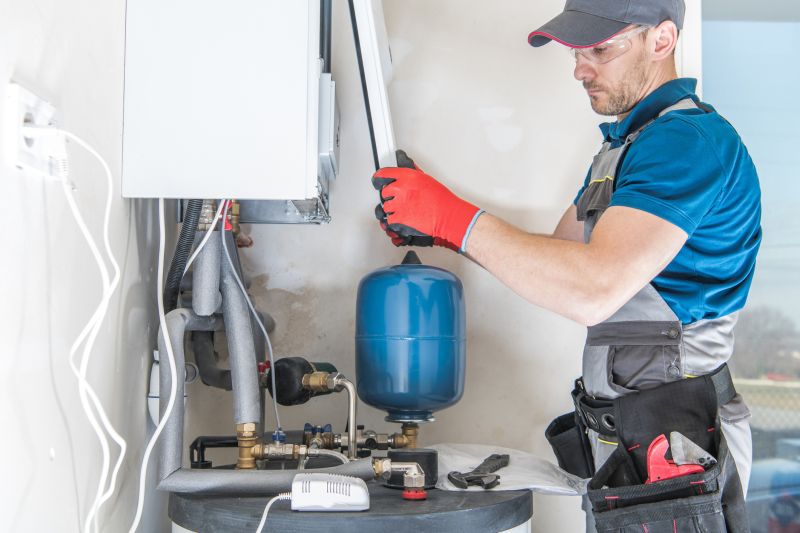
Professional inspecting gas pipelines for safety.
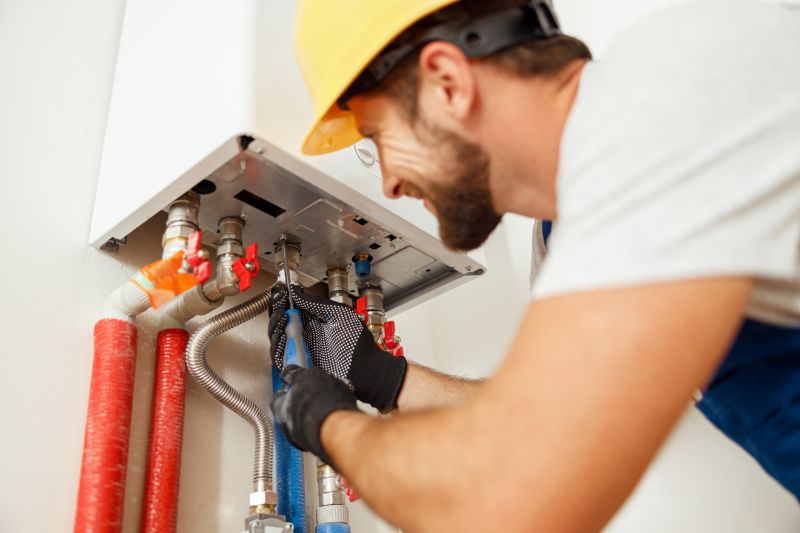
Technician fixing a gas leak on a pipeline.
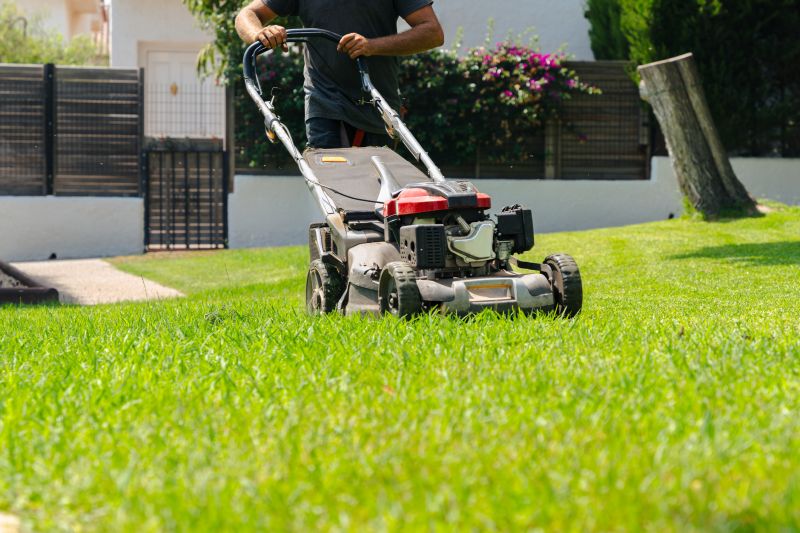
Service vehicle equipped for gas line maintenance.
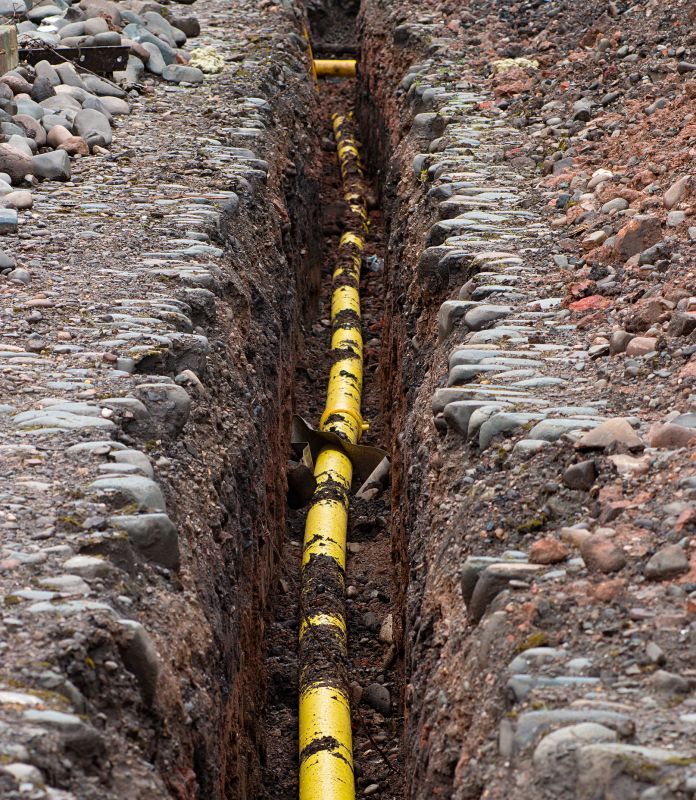
High-end options that actually feel worth it for Gas Line Service.
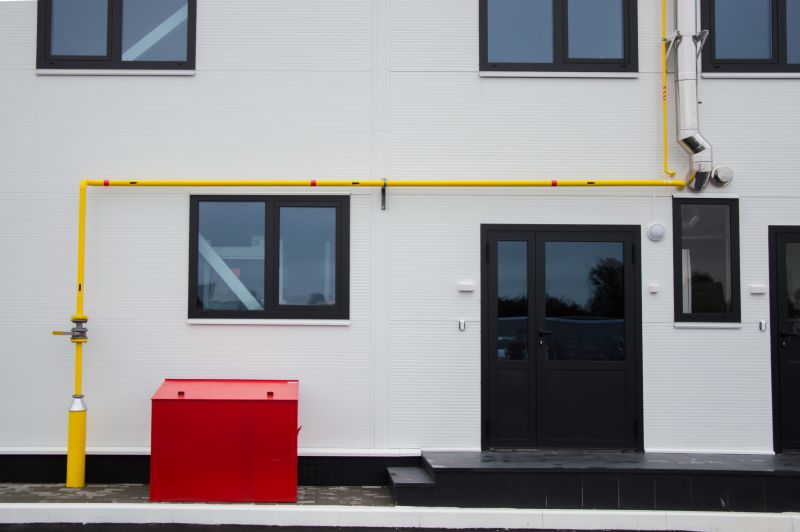
Finishes and colors that play nicely with Gas Line Service.
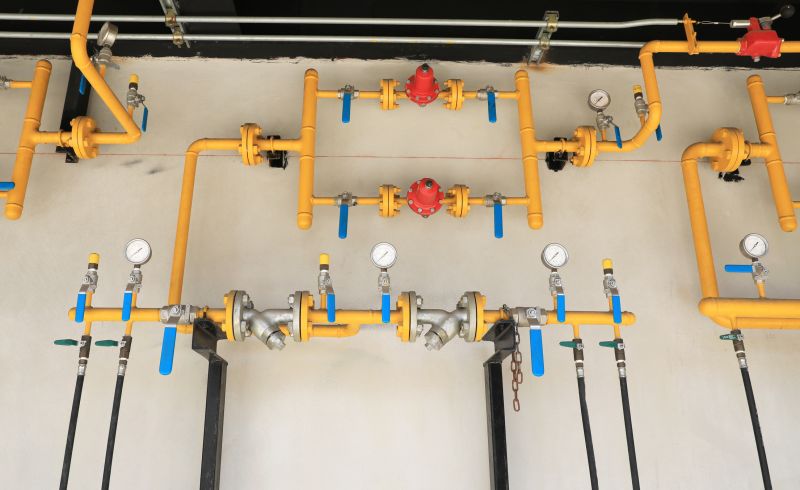
Little measurements that prevent headaches on Gas Line Service day.
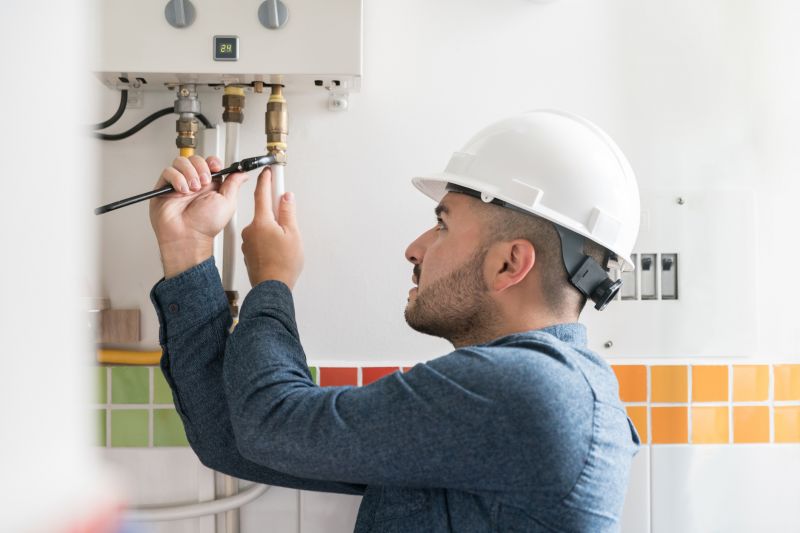
A 60-second routine that keeps Gas Line Service looking new.
Interested parties are encouraged to contact for scheduling or inquiries regarding gas line services. Proper timing and regular maintenance contribute to the safety and efficiency of natural gas systems, ensuring reliable operation year-round.
